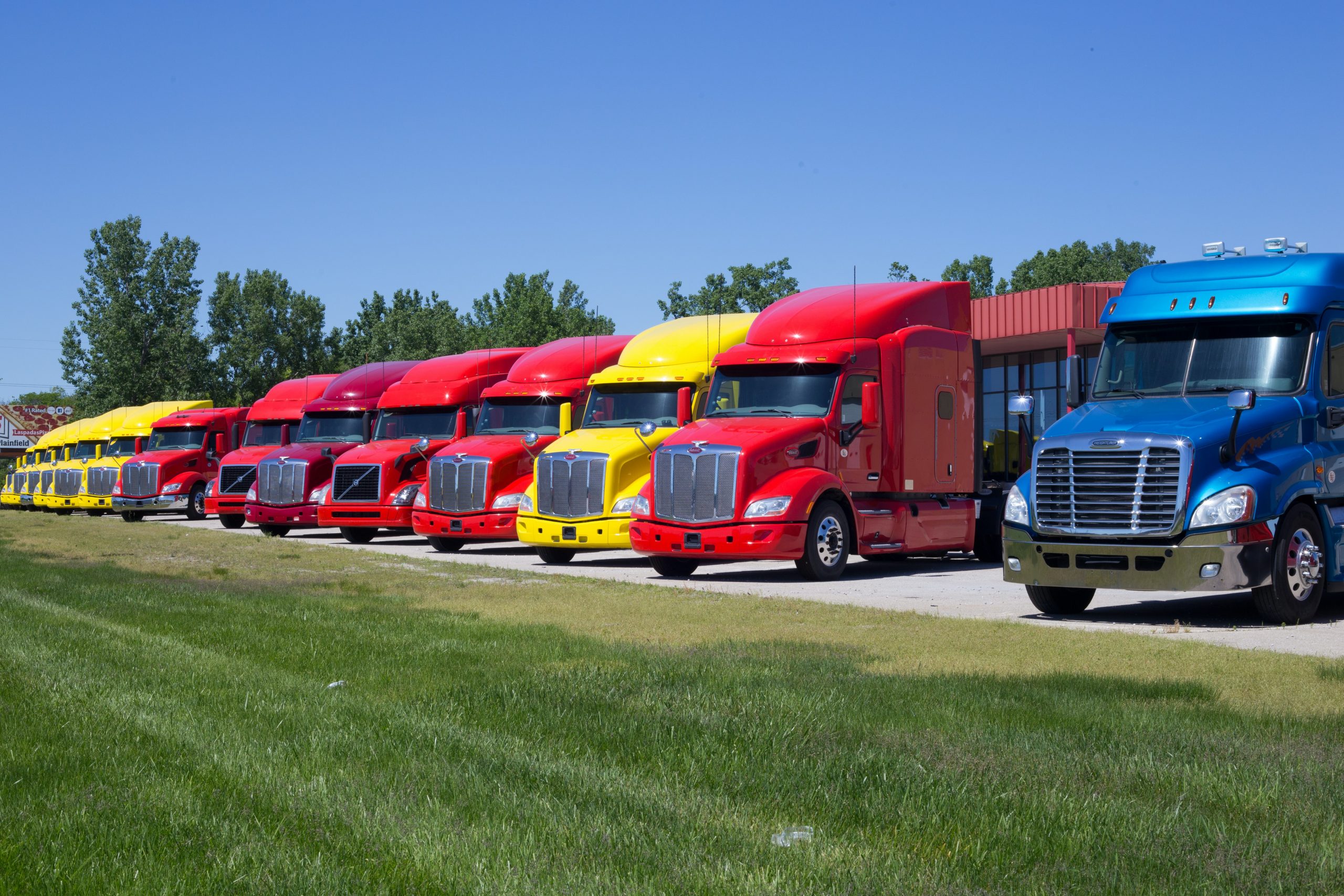
10 Questions for Ratna Omidvar
October 26, 2015
Canadian Experience Means Soft Skills
October 26, 2015By Angela Splinter
The Conference Board of Canada projects a shortage of positions, including 25,000 to 30,000 drivers, within the trucking industry by 2020
There is an old adage that says, “If you got it, a truck brought it” – and that is largely true. Canada’s trucking industry is an integral part of our economy – just think of how many industries rely on ground transportation to receive their goods: manufacturing, forestry, mining, retail and food service, to name a few. According to a recent Conference Board of Canada study, the for-hire segment of the industry alone employs over 300,000 people – 180,000 of which are drivers. In fact, when all industries are considered, there are over 300,000 people working as commercial vehicle operators (truck drivers) in Canada.[1]
Despite these numbers, the trucking industry has not been immune to labour and skills shortages. The same Conference Board study predicts that by 2020, the for-hire trucking industry will experience a shortage of between 25,000 and 30,000 drivers. In addition, employers have reported that they are also experiencing difficulty filling other key positions such as heavy-duty mechanics, trailer technicians, dispatchers, freight and safety specialists, and warehouse personnel.[2]
What does this mean for career seekers? Opportunity! People might be surprised to learn about the various career prospects in the trucking industry. Of course, there are the driving positions many are familiar with, but it’s also important to consider all of the support and administrative careers that are working behind the scenes, helping to make sure everything gets to its destination.
In addition, careers in Canada’s trucking industry provide tremendous opportunities for career growth. Many of the people in upper management today started their career working in an entry-level job within the industry. A career in trucking can be made up of a series of lateral moves from one functional position to another, or an individual may decide to enhance their skills within a functional area and move up the ladder into a supervisory or management position. Let’s take a look at some of these opportunities.
For people who feel that there is no better place than behind the wheel, a professional driving position would be a great choice. Those who prefer working close to home can find work as a local pick-up and delivery or short-haul driver. Individuals who are comfortable driving long-distances and being away from home could work as a domestic or international driver. Experienced truck drivers often are offered more senior positions such as driver trainers, fleet managers and operations managers.
If you are working with a career seeker who loves new technologies, a career in the truck repair sector could be a perfect place for them. For the person who prefers hands-on work, there are positions such as truck and transport mechanics, truck and trailer technician, parts technician, wheel and tire technician and welders. After some time working in these positions, these individuals could have the chance to manage and lead others as a shop supervisor or a maintenance manager.
Those who enjoy handling, organizing, loading and unloading goods may find their best career fit working in the cargo sector of the industry. These positions support the warehousing and handling operations of a trucking business. Careers such shunt drivers, forklift operators and dock workers are great opportunities to build a skill set and familiarize oneself with the industry. This experience could lead to more senior occupations such as dock supervisor or warehouse manager.
For problem solvers with excellent organizational skills, a career in operations is the place to be. Dispatchers, safety, loss prevention, licensing and permitting, freight claims and traffic management specialists are all examples of challenging, rewarding careers. In addition, number crunchers may want to consider a career in sales and fuel tax administration or as a pricing analyst. Besides these industry-specific positions, there are many other jobs that are not exclusive to trucking, such as customer service, bookkeeping, sales and marketing, human resources and information technology.
Whether it’s in driving, maintenance, warehousing or operations, Canada’s trucking industry is growing. Combine this growth with Canada’s aging workforce and you have an industry that needs talented people with a wide variety of education and skills to take on a range of positions. So the next time you speak to a career seeker looking for a new opportunity, consider exploring the road they can travel with a career in trucking!
[1] The Conference Board of Canada: Understanding the Truck Driver Supply and Demand Gap and its Implications for the Canadian Economy, 2013
[2] Trucking Human Resources Canada: Beyond the Wheel, 2012
Angela Splinter is CEO of Trucking HR Canada, and was the Executive Director of the former Canadian Trucking Human Resource Council. Visit truckinghr.com for more information.

